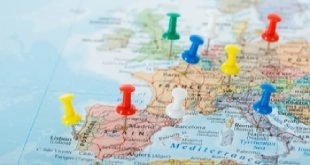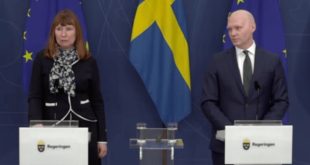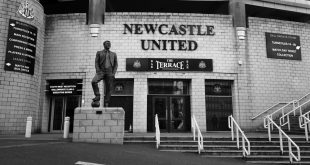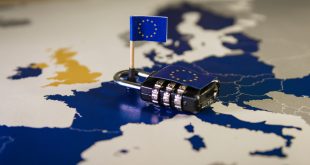Despite heavy competition in many markets from the private sector, state-backed and affiliated lottery companies are no strangers to sports betting. In fact, the market contributes greatly to lotteries’ charitable contributions.
This is what Arjan van ‘t Veer, Secretary General of the European Lotteries (EL), explained to SBC alongside newly elected President of the association Romana Girandon.
Does EL value sports betting as a valuable source of revenue for lottery operator’s social responsibility and charity funding goals?
The name of our Association is always abbreviated to EL or European Lotteries. However, for decades, the full name of the association is The European Lotteries and Toto Association. So sports betting is an integral part of EL. Many of the EL members do offer sports betting and by doing so, they contribute to indeed valuable charities.
Many EL Members do have close ties with national Olympic Committees and sports associations, underlining also the importance of sport, be it professional sport or grass root sport.
EL is a founding member of ULIS (formerly GLMS), a monitoring service to safeguard the integrity and core values of sports from corruption and, more specifically, from the manipulation of sports competitions. EL also supports various projects to educate on sport integrity and the importance of for example the Macolin Convention.
What would you say are the biggest challenges facing the pan-European lottery sector and how has EL responded to these?
The lottery sector is faced with various advertisement bans. Such bans are understandable where it concerns high and medium risk games. However, lottery games are low risk games, with low frequencies of play and moderate costs. EL therefore supports a risk based approach towards the regulation of gambling activities.
The more risk, and the higher social costs, the more it should be regulated to protect the players. Lottery games are allowed to channel the players towards a less risky offering. Advertisement is necessary for channelling players towards a legal and safe offer.
That should be kept in mind. EL and its Members are committed to have the lowest social costs as possible. And we will put forward more scientific evidence on the risks associated with the various games as well as the (individual) player behaviour.
Secondly, illegal operations are still undermining the position of the EL Members. Illegal operators mislead the players, don’t care about responsible gaming and do not pay taxes or other financial obligations. In such an unlevelled playing field, EL Members cannot operate. Fighting illegal operators should, to protect the players, get the highest priority of regulators.
Do you foresee more privatisation of state lotteries such as FDJ? What is the consequence of privatisation on the lottery market as a whole?
The EL Members are united in diversity. What unites them, is to do good for the benefit of society, regardless of their ownership, family ties or organisational structure. All EL Members operate under a licence or concession that is granted and controlled by a national government.
I agree in full with the EL President that “(…) much more important than any company’s ownership, are its ethical standards on one hand and demanding regulatory environment that protects the consumer and the interests of society on another (…)”.
Post-COVID, how has EL tracked the performance of individual European Lotteries, re-adjusting to new consumer trends and realities?
EL monitors the performance of its Members annually by a collective report that consists of data that is at least one year old and published. The EL Report over 2021, as published earlier this year, shows that the performance of the EL Members is again at the pre-COVID level.
The EL Members contribute €20bn to society, realising a significant impact and demonstrating the sustainable model of regulation. Some members have seen their online markets grow faster than expected, all have embraced hybrid working.









